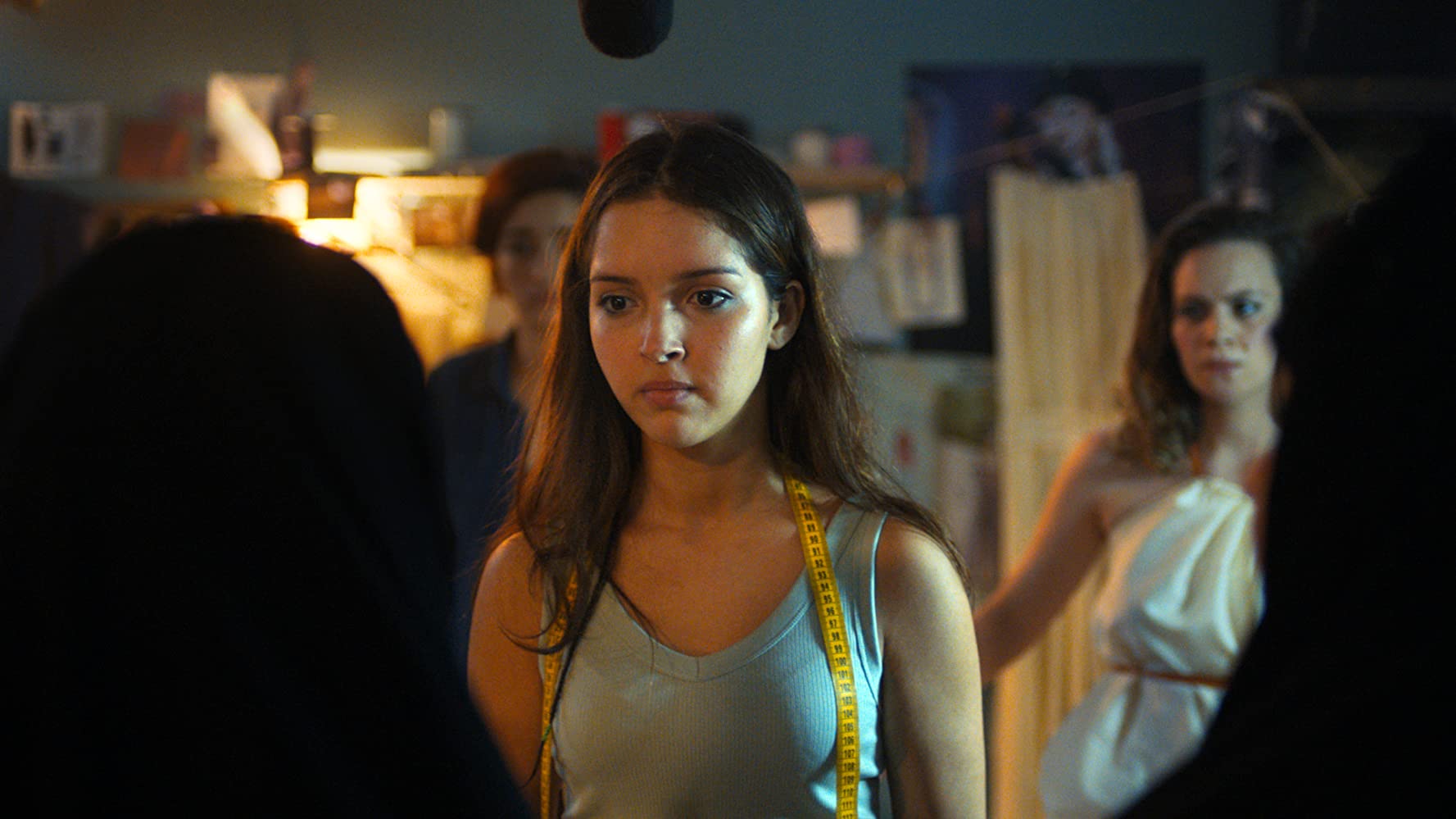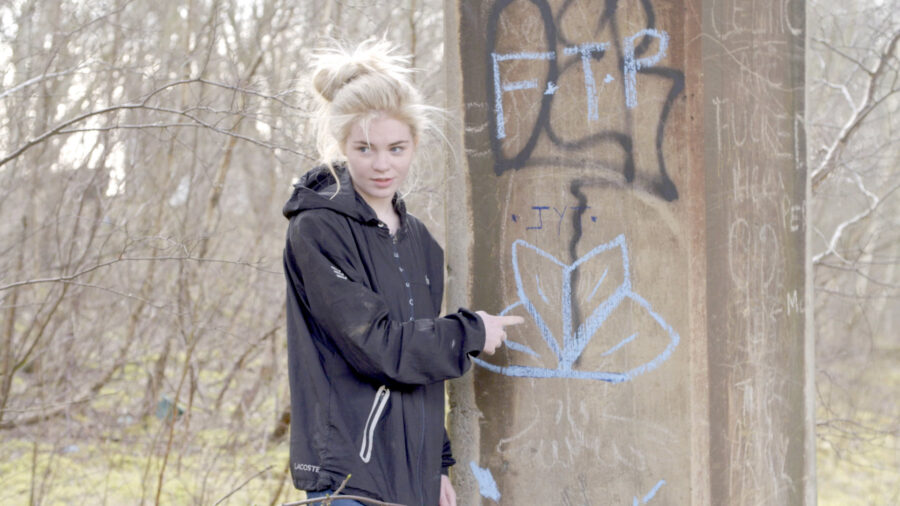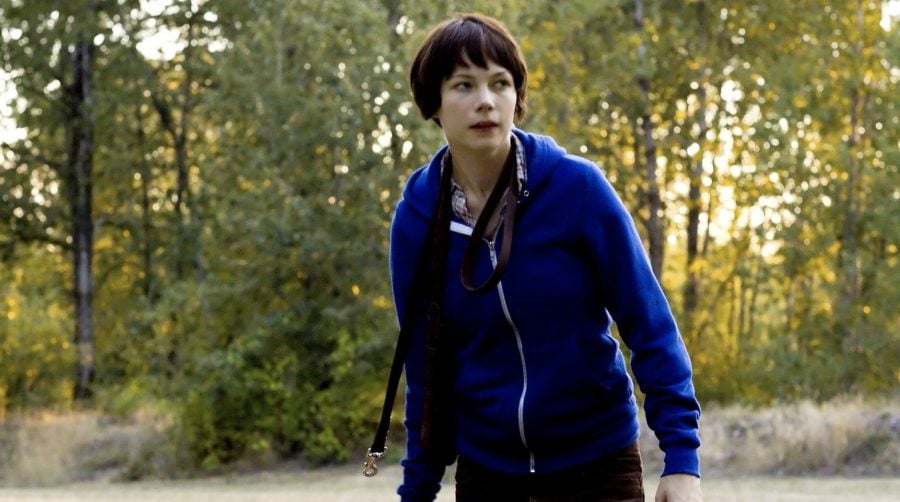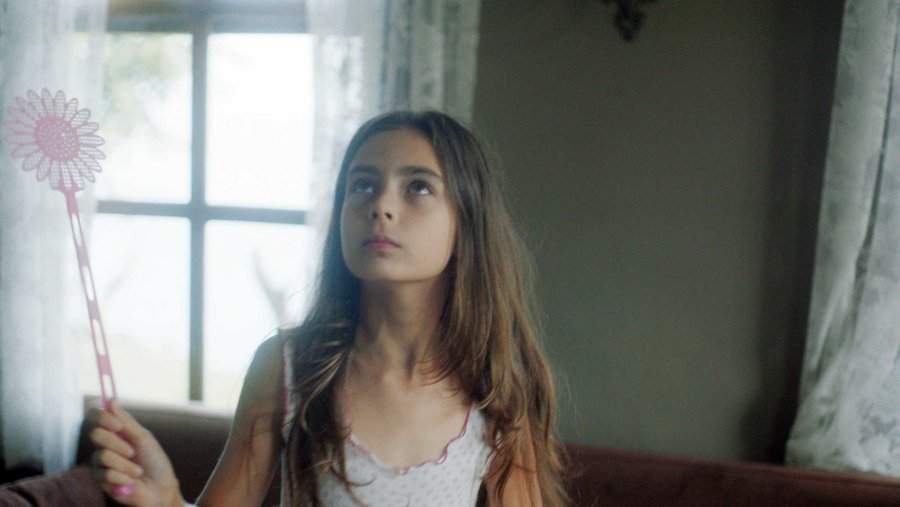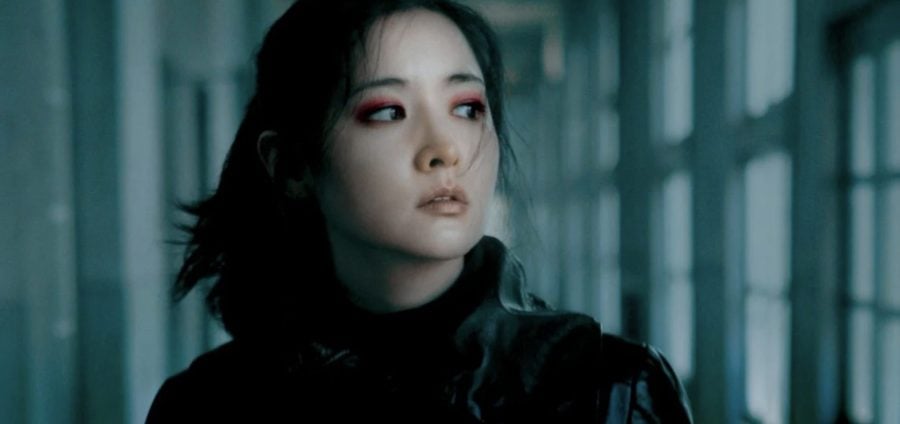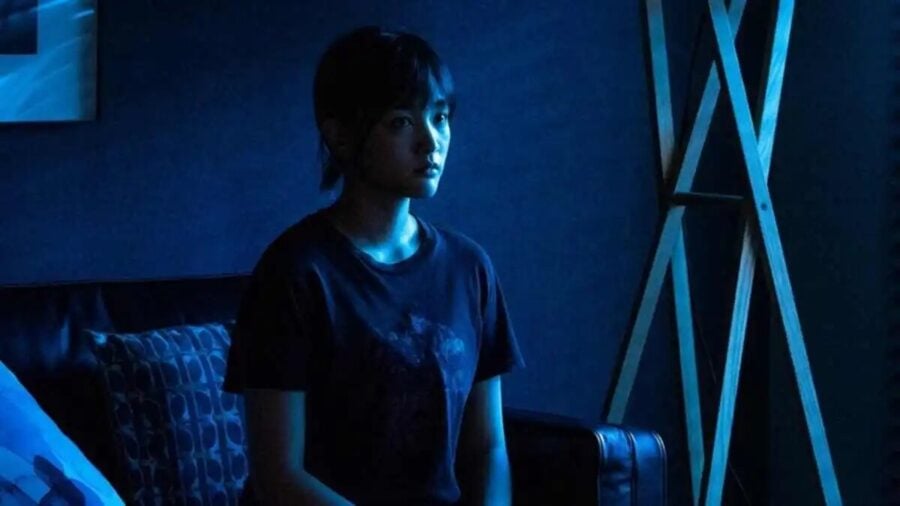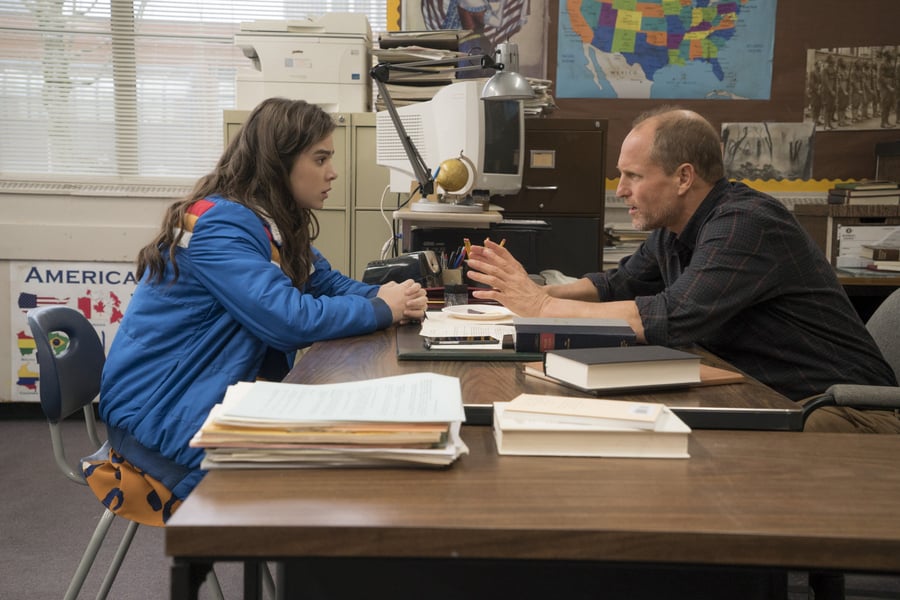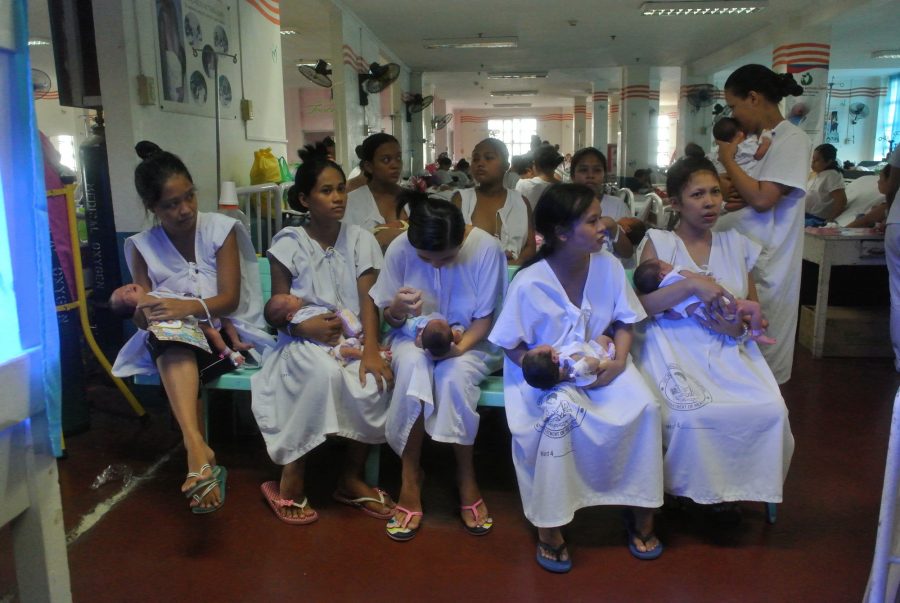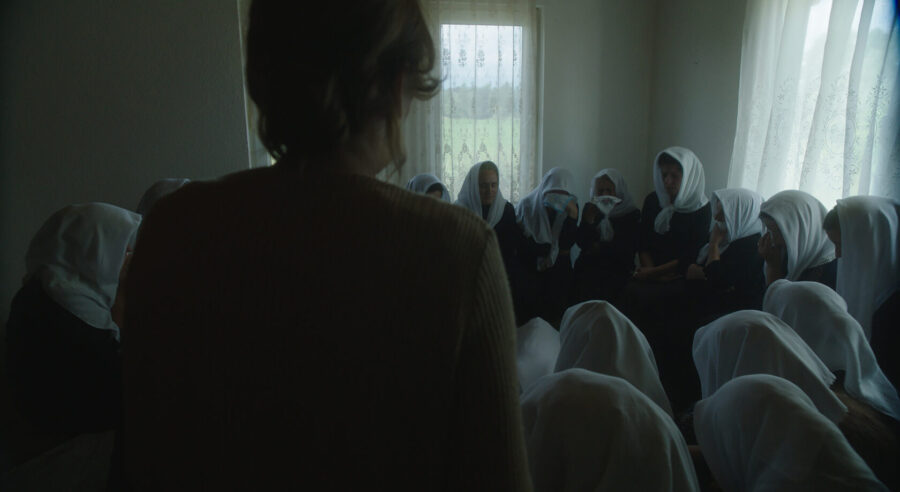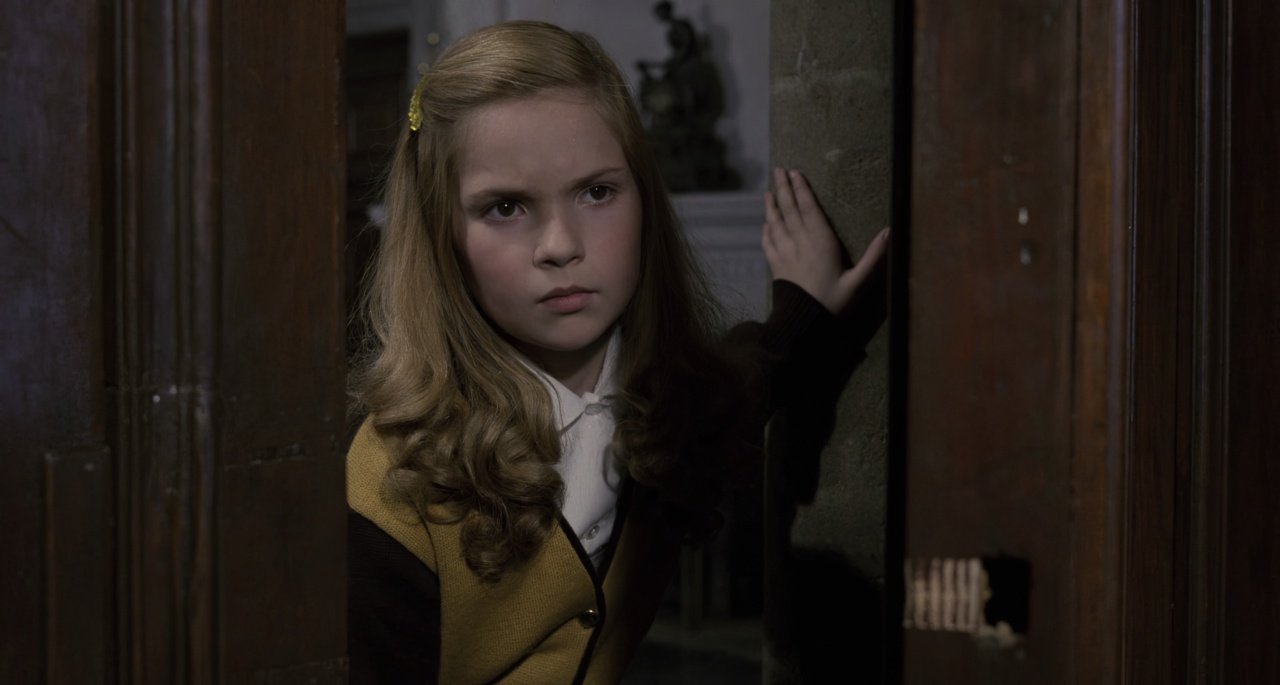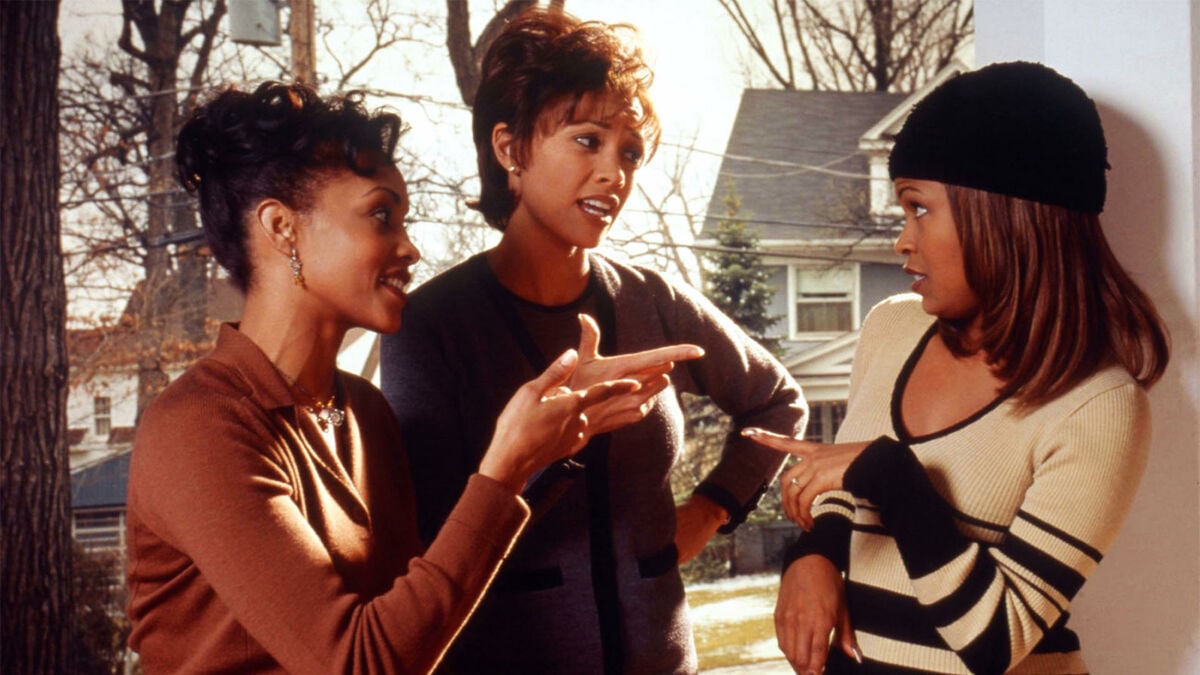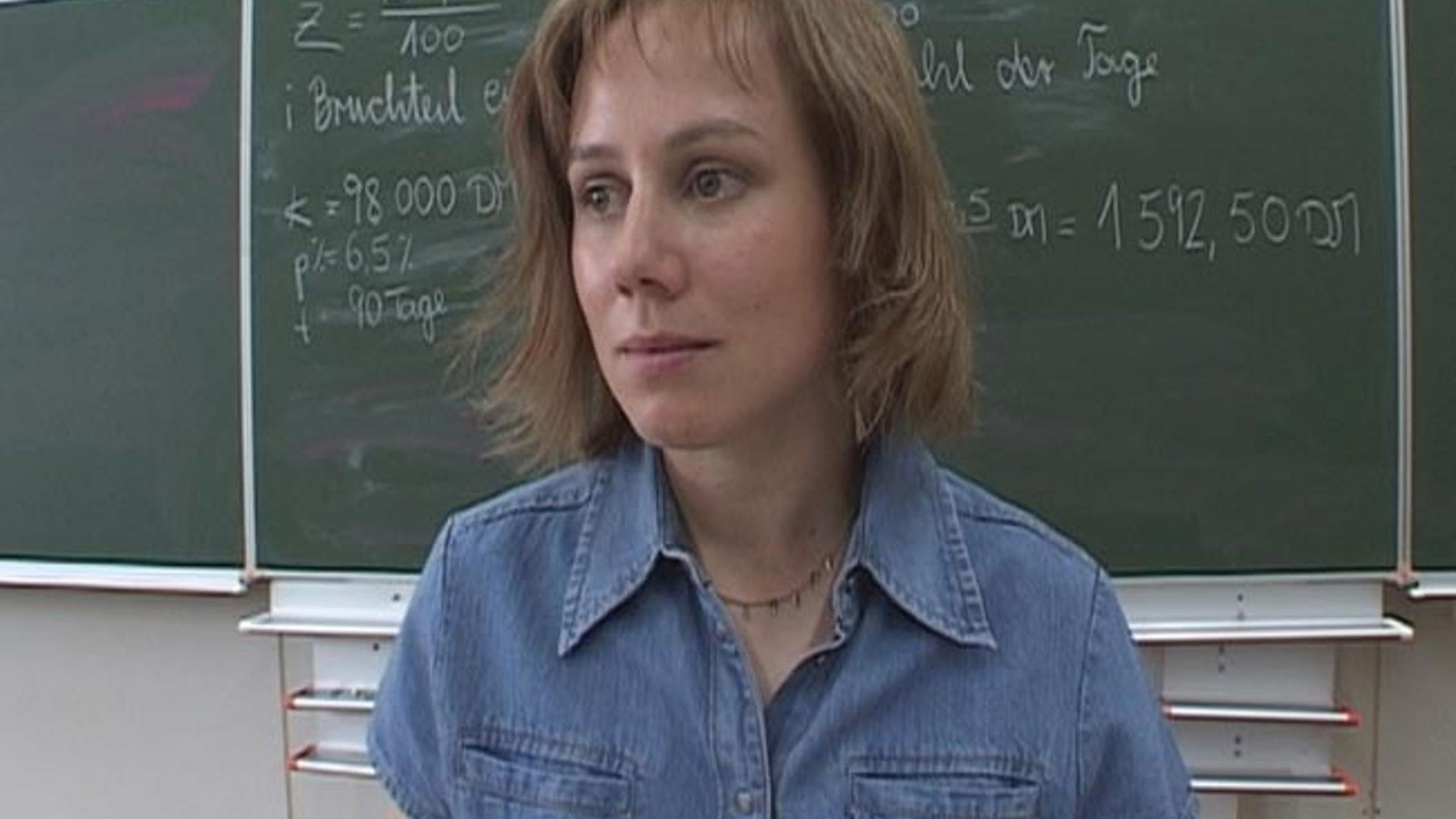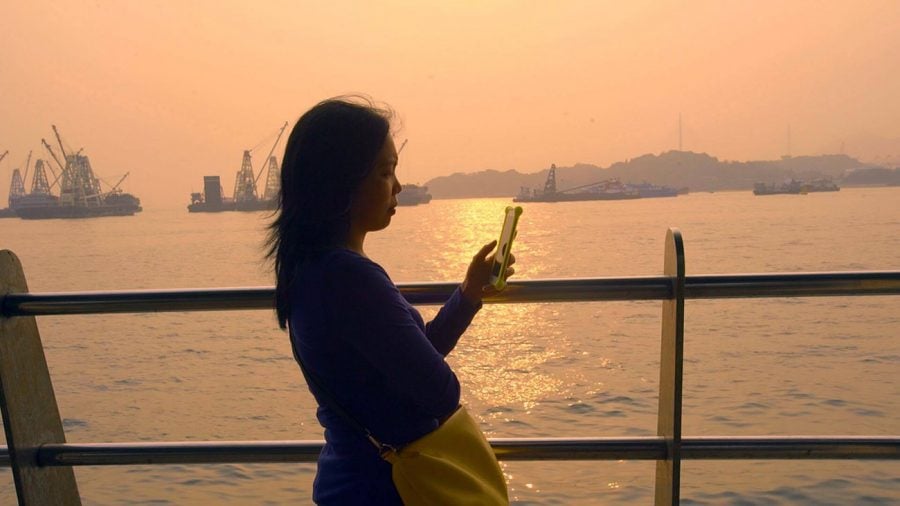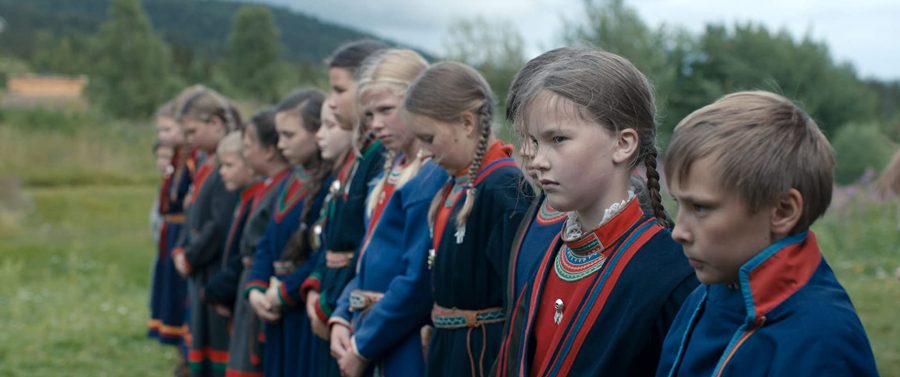Disclosure is a patient and articulate study of the ways movies have physically conditioned us to respond to certain expressions of queerness with fear, disgust, or laughter. But it also serves as a reminder that trans bodies have been represented on screen for as long as movies have existed—making it all the more unacceptable that we still often only see reductive and harmful stereotypes of trans people over 100 years since the birth of cinema. However, Disclosure is far from a "takedown" designed to make viewers feel bad. At the end of it all this remains a celebration film's power to dignify perspectives we rarely get to see through, and it's one of the nerdiest and most passionate trips through film history you could hope to have.
Genre: Documentary
Actor: Ajita Wilson, Alexandra Billings, Alexandra Grey, Angelica Ross, Anne Heywood, Arsenio Hall, Barbra Streisand, Bianca Leigh, Blanche Sweet, Brian Michael Smith, Caitlyn Jenner, Candis Cayne, Candy Darling, Carmen Carrera, Cathy Moriarty, Chaz Bono, Chloe Sevigny, Chris Sarandon, Christine Jorgensen, Crystal LaBeija, D'Lo, Dana Wynter, Daniela Sea, Daniela Vega, David E. Harrison, Divine, Dorian Corey, Dustin Hoffman, Eddie Redmayne, Edith Storey, Elliot Fletcher, Eric Gurry, Esme Percy, Ethel Lloyd, Flip Wilson, Gary Collins, Georges Du Fresne, Glenn Close, Hailie Sahar, Harry Langdon, Henry B. Walthall, Hilary Swank, Holly Woodlawn, Jack Doroshow, Jackie Curtis, James Garner, Jamie Clayton, Janet McTeer, Jared Leto, Jaye Davidson, Jazzmun, Jean Harlow, Jeffrey Tambor, Jen Richards, Jessica Crockett, Jim Carrey, Joan Rivers, John Gavin, John Lazar, John Lithgow, John Lone, Julie Andrews, Junior LaBeija, Katie Couric, Kim Kardashian, Lady Chablis, Laverne Cox, Leo Sheng, Lesley Ann Warren, Lilly Wachowski, Mandy Patinkin, Marquise Vilson, Mary Badham, Matthew McConaughey, Mercedes Ruehl, Michael Blodgett, Michael D. Cohen, Michaela Jaé Rodriguez, Milton Berle, Mya Taylor, Nick Adams, Octavia St. Laurent, Oprah Winfrey, Paris Dupree, Pepper LaBeija, Peter Scolari, Phil Donahue, Rain Valdez, Raúl Juliá, Ray Charles, Robert Preston, Roscoe 'Fatty' Arbuckle, Roscoe Arbuckle, Sandra Caldwell, Sean Young, Ser Anzoategui, Stephen Rea, Susan Stryker, Sylvia Rivera, T.C. Jones, Tim Moore, Tom Hanks, Trace Lysette, Veronica Redd, Vivian Vance, Wendy Williams, William Hurt, Yance Ford, Zackary Drucker
Director: Sam Feder
Rating: R

